
The Church That Failed Survivors Is Being Handed the Keys Again: Cronyism Is Alive and Well
The reality is this: Soul Survivor Watford is being handed influence, authority, and credibility - once again positioned as a model for others to follow. And that should outrage anyone who has listened to survivors for even five minutes.

A Survivor's Call for Soul Survivor to Truly Face Its Past
The story of Soul Survivor, once one of the most influential evangelical youth ministries in the UK, is not simply a tale of one man's abuse. It is a story of institutional failure, misplaced loyalty, cultural entrenchment, and the ongoing harm that survivors continue to live with.

Growth at Any Cost? When the Church Chooses Numbers Over People
Let’s be absolutely clear: choosing Soul Survivor, Watford as a “missional engine” for church planting and growth is not bold, visionary leadership. It is staggering. And it should shock us far more than it seems to.
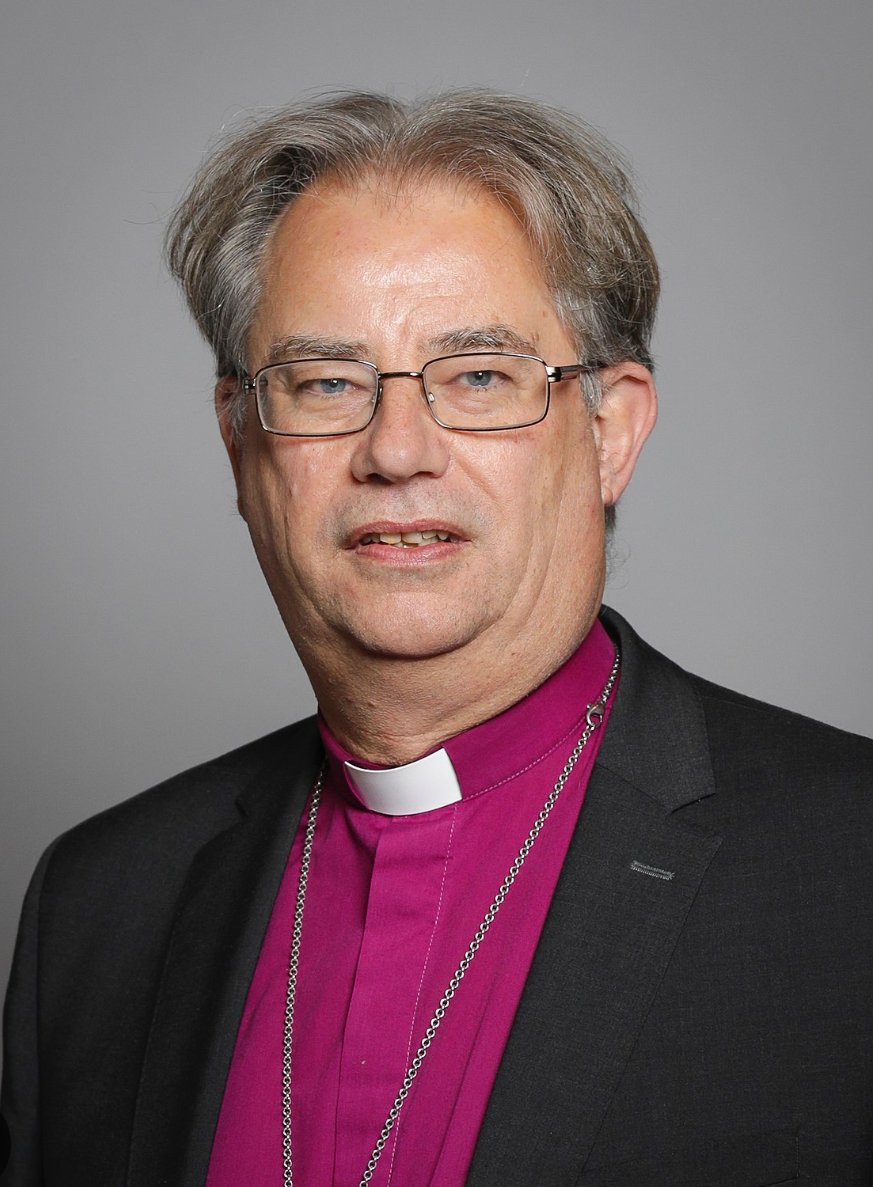
The Bishop, the Son, and the Church’s Accountability Crisis
The Church of England says it is “learning lessons” from repeated safeguarding scandals. Its senior leaders insist that processes are improving and that the voices of survivors are finally being heard.

“Amateurs seek the sun… get eaten. Power stays in the shadows.”
Where is the sustained, public conversation about how victims are being supported now? Not vague assurances. Not safeguarding buzzwords. Not forward-facing optimism.

When Will Mike Pilavachi and Soul Survivor Get Their Reckoning?
With the announcement from Buckingham Palace and King Charles that Andrew Windsor Mountbatten (formerly Prince Andrew, Duke of York) will lose his royal styles and title and be moved out of his royal residence into Sandringham - a private family home, not funded by the taxpayer - one thing feels clearer than ever: when institutions choose to act, they can.
If the King can strip his own brother of royal privilege in recognition of the harm caused and in honour of victims, then why, after everything that has been exposed, does Mike Pilavachi and Soul Survivor still refuse to meaningfully face their own reckoning?

An Open Letter To Soul Survivor
Dear Soul Survivor Leadership Team
This is not an easy letter to write. But I believe it is an important one. My aim here is to offer a constructive and actionable proposal - one that honours ongoing harm, yet points toward a different response from Soul Survivor as an organisation.
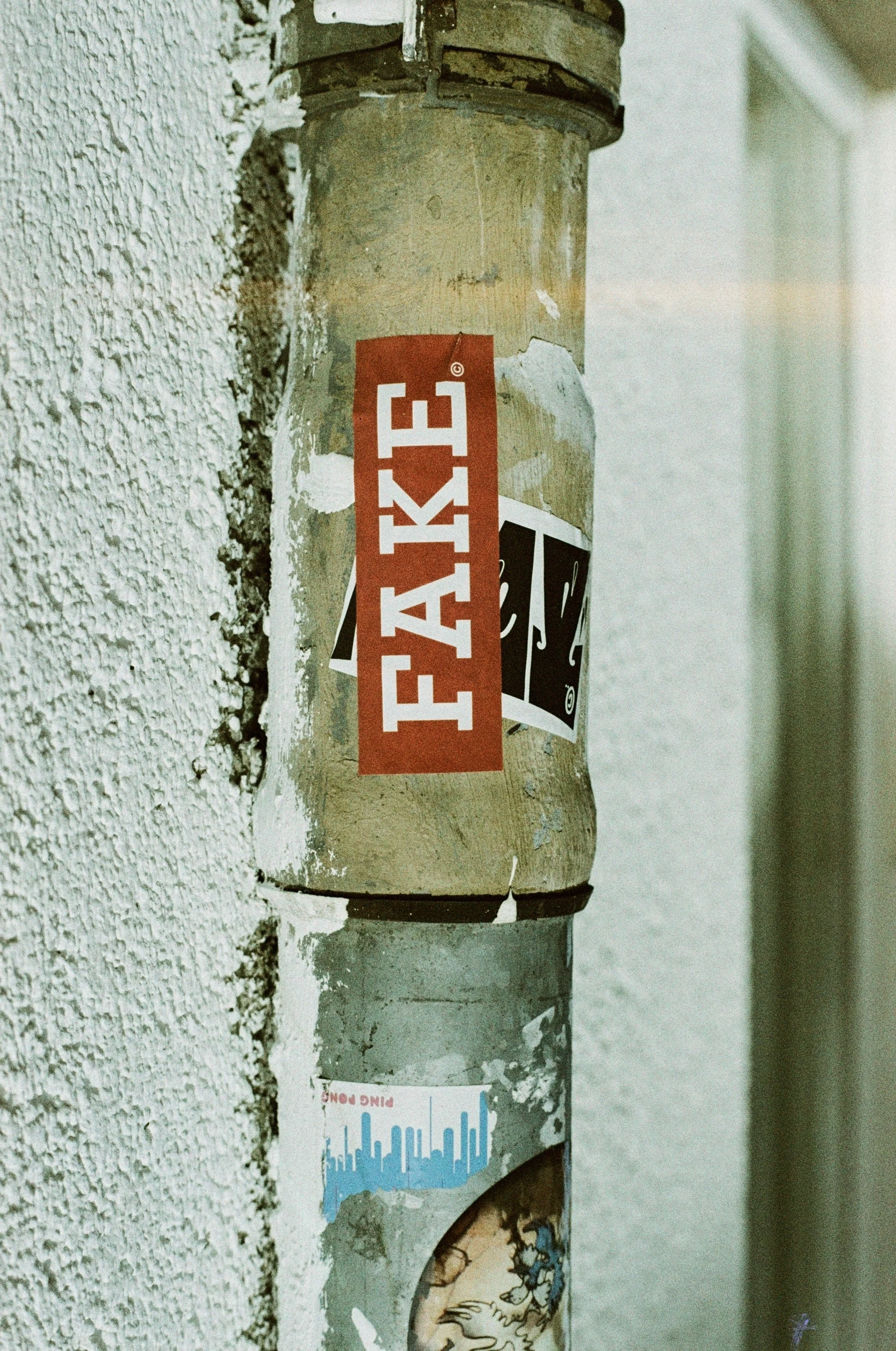
Soul Survivor: The Sham Church and the Shepherds Who Betrayed Their Sheep
Still running. Still pulling in money. Still holding services at Soul Survivor Watford as if nothing happened. Still protecting the brand, the building, the “ministry.”
But can you call it a church anymore? A church built on silence and complicity? A church that preaches healing while ignoring the wounded in its own organisation?

Worship Without Truth Is Just Noise
Worship is not meant to be comfortable. Sometimes it demands the harder song: the song of truth-telling, accountability, and repentance. Of speaking openly about what happened, no matter how costly. Of laying down platforms rather than polishing them.
Until then, these glossy adverts for worship events will not look like an invitation to sing. They will look like a performance staged over the pain of others.

Discipled, Damaged, Discarded: My Story with Soul Survivor
So, what now?
What does someone like me - exiled, excluded, but no longer ashamed want from the very institution that once claimed to be my spiritual home?
Let me be clear: I’m not here to throw stones or write angry blog posts from the sidelines. I’m here because I believe that truth matters. That integrity matters. That if the Church is to have any credibility left, it must first learn to listen, to say sorry and to make things right.
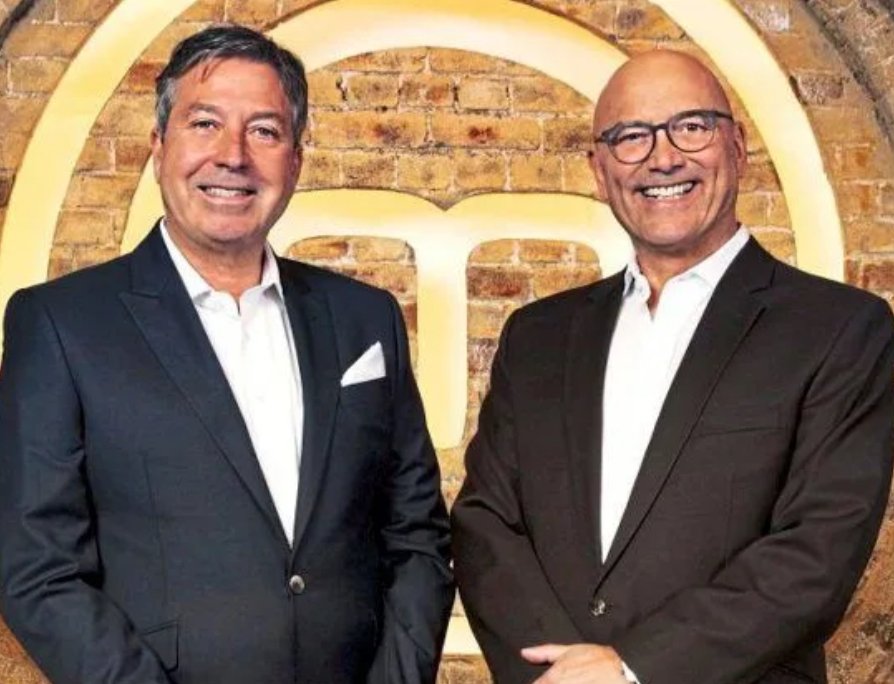
What the MasterChef Scandal Can Teach Us About Power, Apology, and the Long Road to Making Amends
If the MasterChef situation tells us anything, it’s this: charisma does not cancel out harm. Talent doesn’t negate toxicity. And public platform, no matter how inspirational it may seem, should never be a shield for abusive power. And yet, that shield has been wielded for decades within the charismatic evangelical movement and perhaps nowhere more prominently than in the case of Mike Pilavachi and Soul Survivor.

You Took My Faith and My Money. I Want Both Back!
What I got was not what was advertised and I want my money back plus interest, because the emotional and spiritual cost of what Soul Survivor did and what it covered up has compounded with every year of silence, evasion, and gaslighting. This isn’t just about money. (Though frankly, it would help with the counselling bills.) This is about making them look me in the eye and admit: you broke the contract. You broke me. And you’re still pretending I wasn’t even there.
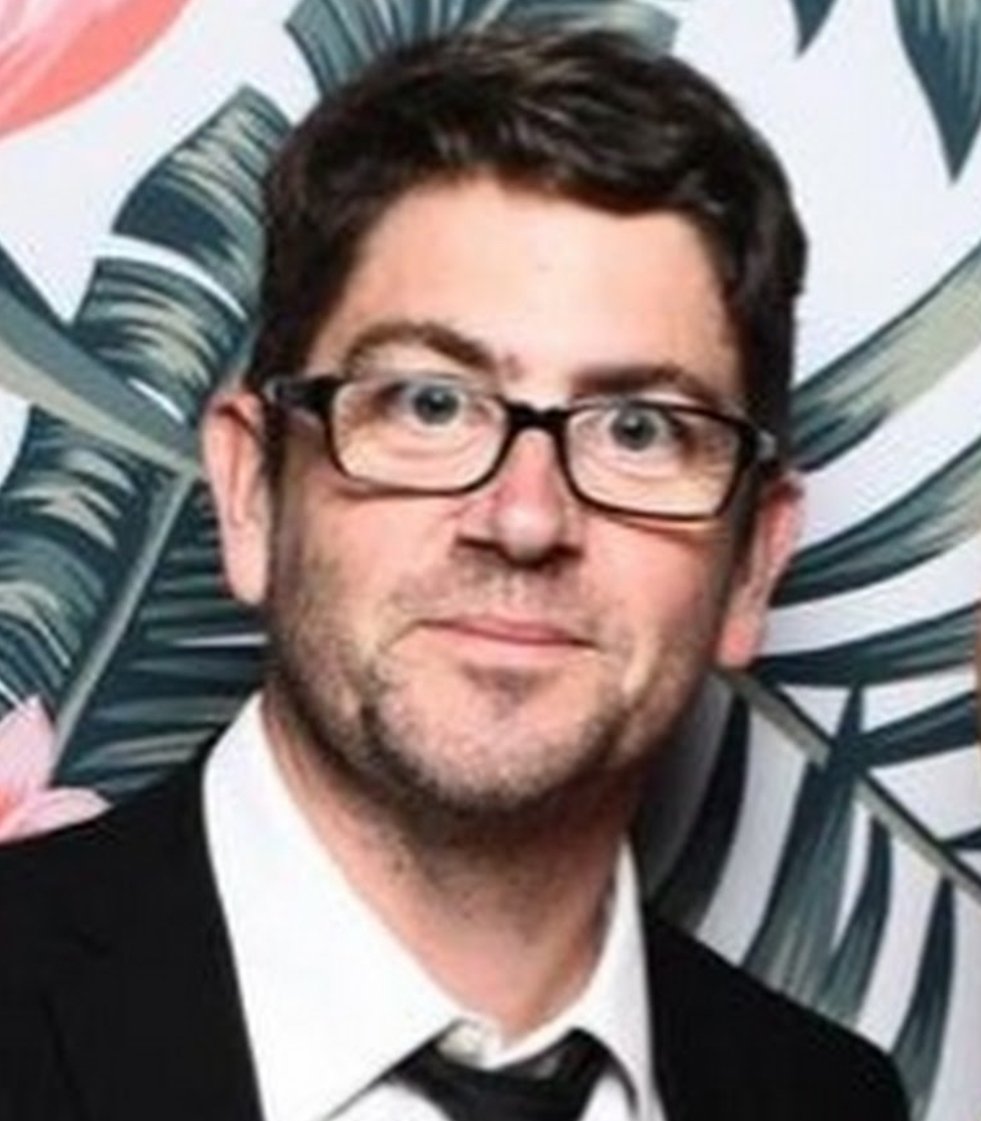
Why Soul Survivor?
Sam’s article and videos offer clarity and compassion, spotlighting the issues of power, accountability, and care in faith communities, while also honouring personal stories.

Still Crying in Silence: When the Church Goes Quiet, Survivors Pay the Price
There’s a tactic as old as the institution itself.
Say as little as possible. Let the outrage pass. Wait until the press moves on. And it always does. When the headlines cool and there’s no money left to chase, silence becomes a strategy. One that the Church of England, along with countless evangelical leaders and networks has seemingly perfected.

Let the Silence Be Broken: Why the Soul Survivor Scandal Demands a Public Reckoning
When someone is convicted of a crime in a court of law, there comes a moment that is often more powerful than the sentencing itself. It is the moment when the victim or their loved one, stand up and read a victim impact statement.
These statements are not about justice in the legal sense. They are about truth. They are about confronting power with pain. They are about saying: this is what you did to me, and this is what I now have to live with.

The Last 639 Days Since Mike Pilavachi Resigned From Soul Survivor: A Chronicle of Denial, Delay, and Deception
A disturbing pattern has unfolded: a slow drip of non-answers, carefully controlled statements, a reshuffling of internal players, and a clear reluctance to reckon with the depth of the damage.
If you thought this would be a season of repentance, radical transparency, and true reformation, you would have been gravely mistaken.
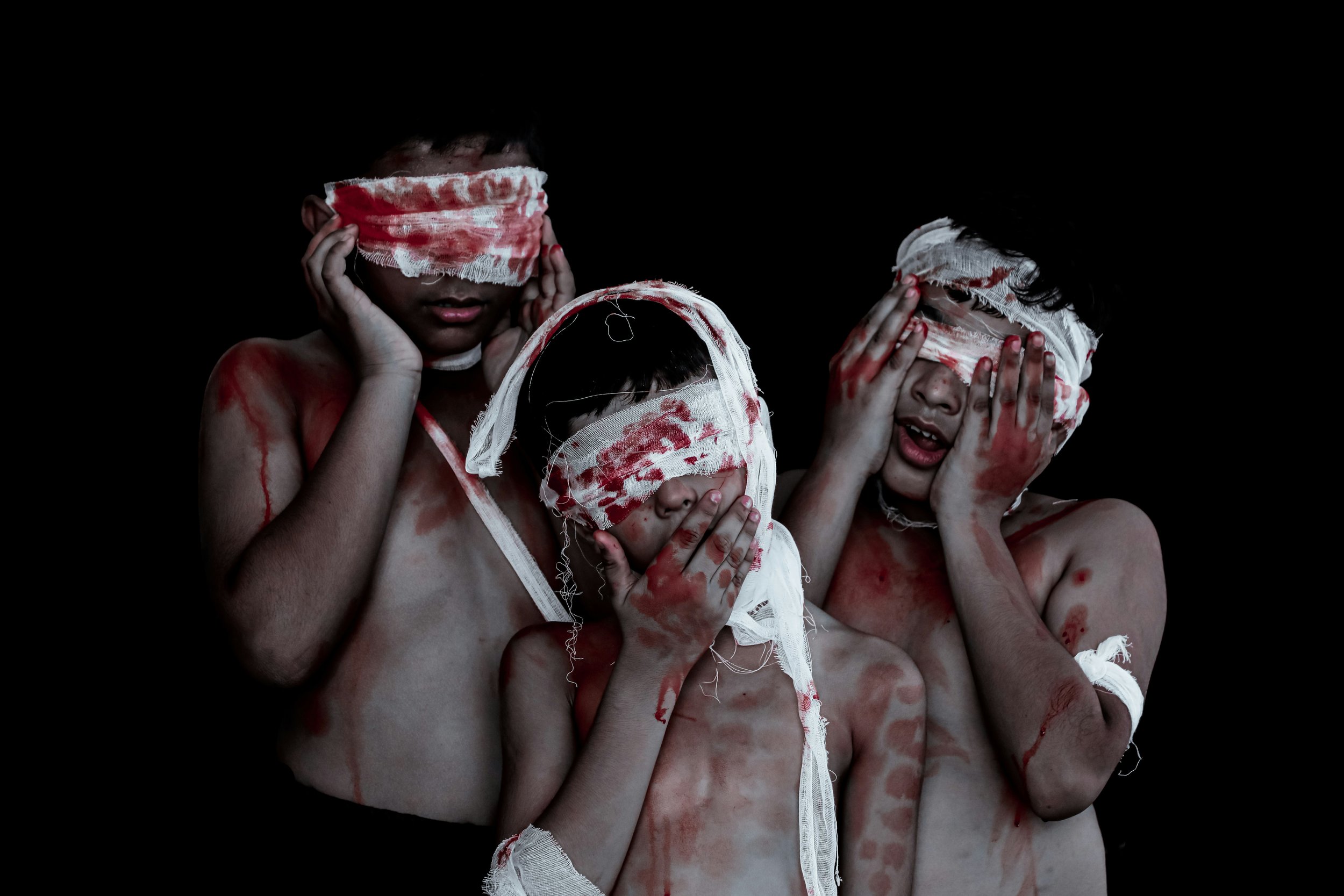
The Forgotten Victims: How Mike Pilavachi and Soul Survivor chose silence over justice
It is imperative that both Mike Pilavachi and Soul Survivor take unequivocal steps to address the harm caused. Pilavachi must come out of hiding, confront the allegations, and engage directly with those he has wronged. Soul Survivor must move beyond perfunctory apologies and implement robust support systems for survivors, ensuring they are not left to “fend for themselves” in the aftermath.
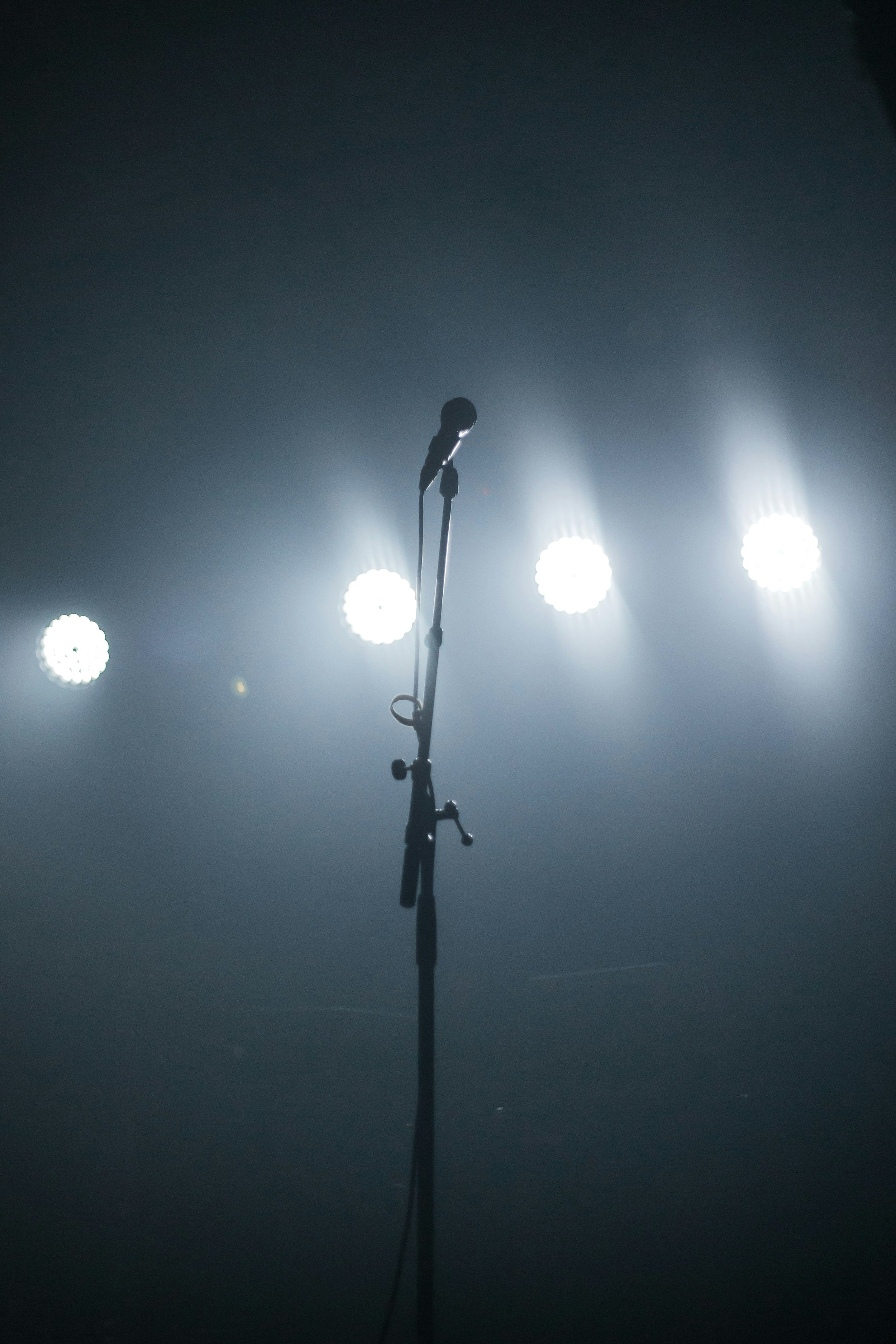
The Coward’s Pulpit: Why Mike Pilavachi must face the truth like Justin Welby
The organisation must acknowledge its role in enabling his behaviour and take concrete steps to support survivors and implement robust safeguarding measures. Ignoring the past only perpetuates the cycle of abuse and erodes the credibility of Christian institutions.

Soul Survivor Watford: Drowning out the cries of the victims
The worship at Soul Survivor Watford that I have witnessed online seems to me to have become nothing more than a well-meaning but ultimately ineffective distraction. The worship sets are rehearsed, polished, and emotionally charged, but it feels like the church is trying to mask its guilt through repetition and theatrics rather than addressing the decades of hurt and trauma caused by the scandal.
There’s a sense that, rather than focusing on the needs of those affected, the worship songs are a way to mask the deafening silence that should be filled with apologies, accountability, and genuine lament. When the church should be facing the consequences of its actions, it instead offers catchy choruses and a veneer of spiritual activity.

Russell Brand, Mike Pilavachi, and the Culture of Silence: Why Aren’t We Asking More Questions?
They need to investigate, openly and honestly, why so many people failed to act. How did Pilavachi get away with this for so long? Who knew what, and when? And what structures are in place now to ensure nothing like this ever happens again?
Because if they don’t, history will repeat itself. Silence is complicity. And right now, far too many people are still staying silent.
